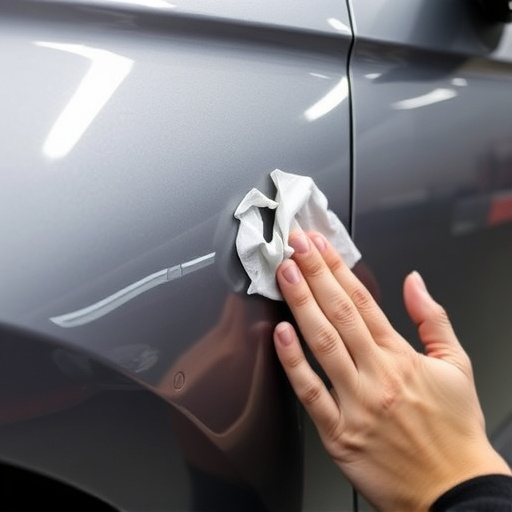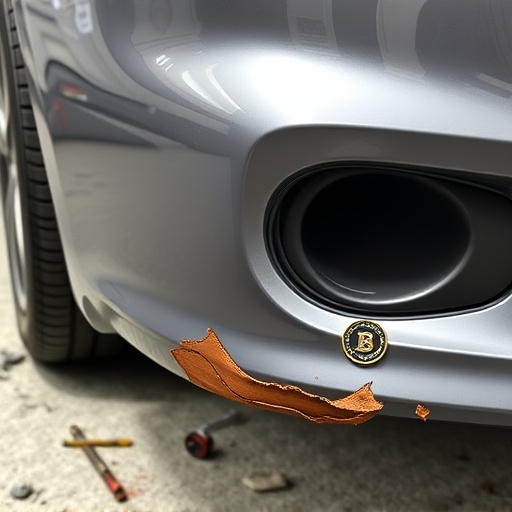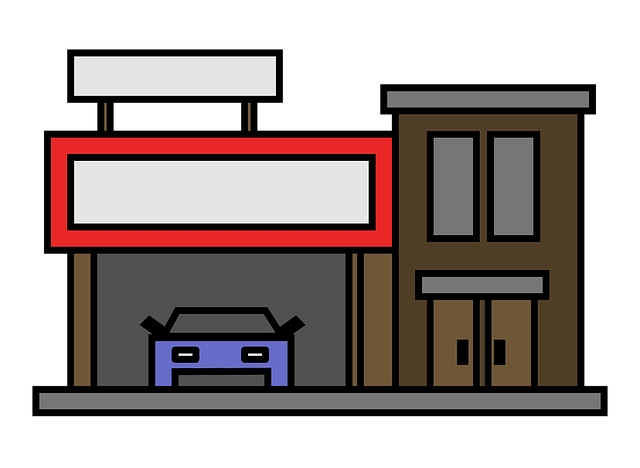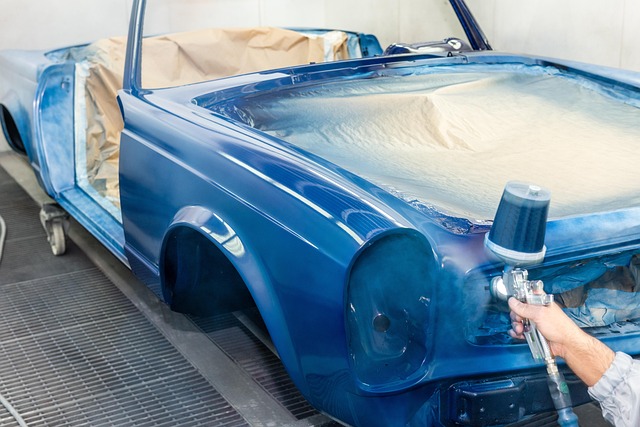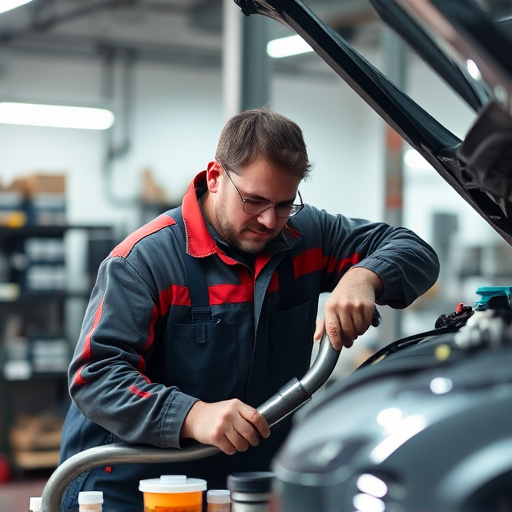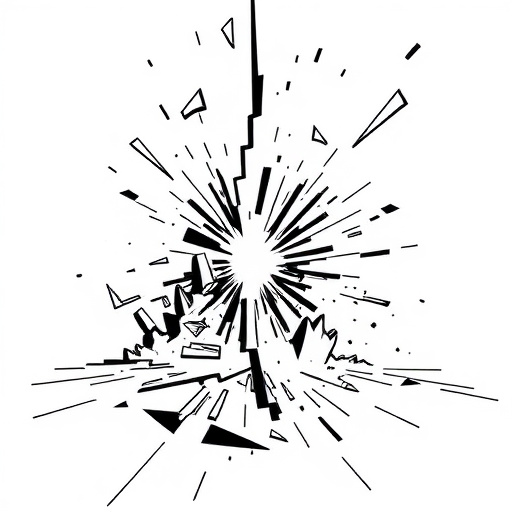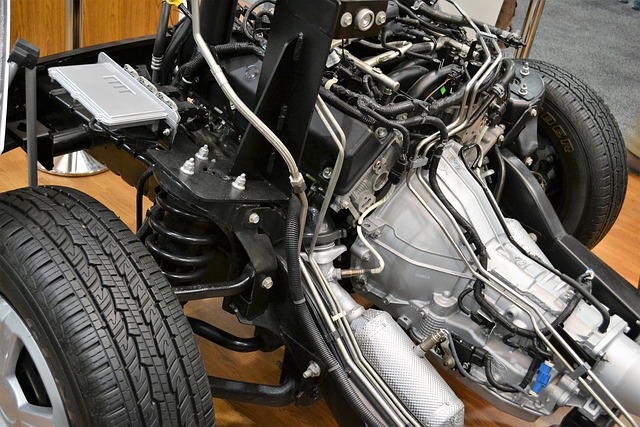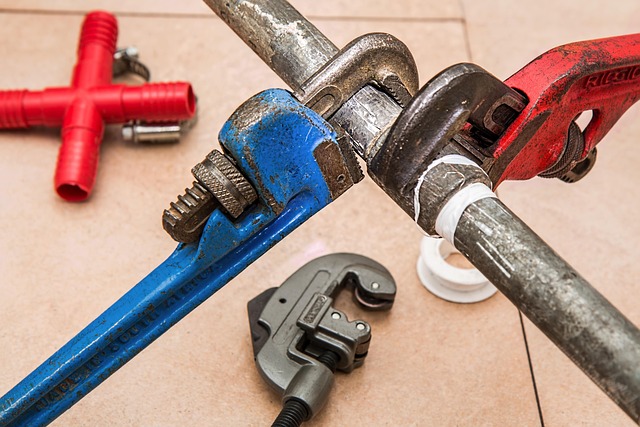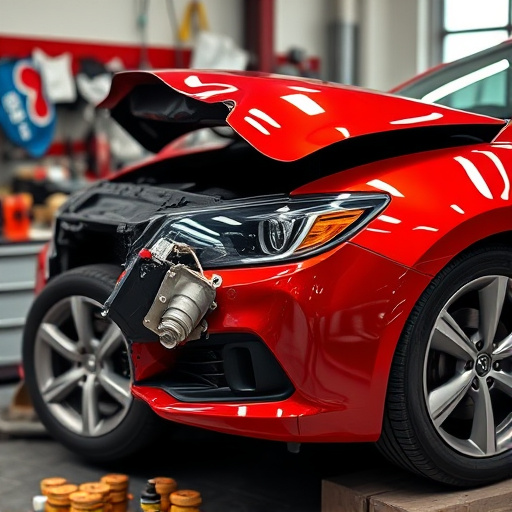Radiator replacement accidents in the automotive industry pose risks, impacting customer satisfaction and vehicle performance due to improper installations or substandard parts. These incidents can lead to overheating, reduced fuel efficiency, and engine damage. To mitigate risks, professionals must prioritize quality control, provide proper training, use genuine parts, and ensure clear communication, transparent updates, and a clean, organized workshop environment during repairs, regaining customer satisfaction post-accident through proactive communication and follow-up surveys.
Radiator replacement accidents can significantly impact customer satisfaction, leaving a lasting impression on vehicle owners. This article delves into the intricate details of such incidents, offering a comprehensive understanding of their potential consequences. We explore how these accidents shape customer perceptions and experiences during repair processes. Furthermore, practical strategies are presented to enhance post-accident satisfaction, emphasizing the importance of efficient management and improved service quality in mitigating negative effects and fostering client loyalty.
- Understanding Radiator Replacement Accidents: A Overview
- Customer Perception and Experience During Repairs
- Strategies to Enhance Satisfaction Post-Accident
Understanding Radiator Replacement Accidents: A Overview
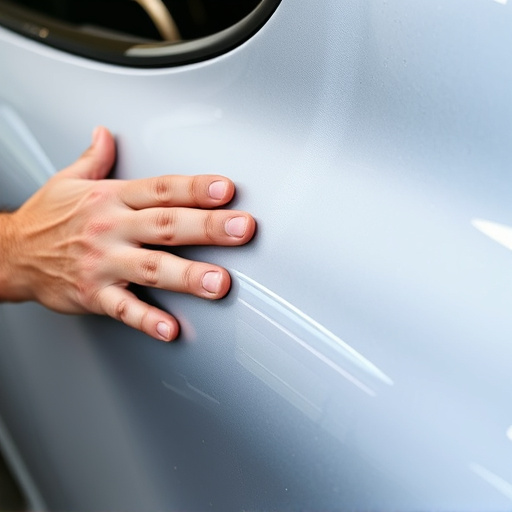
Radiator replacement accidents are a significant concern in the automotive industry, as they can significantly impact customer satisfaction and overall vehicle performance. These incidents often arise from either improper installation or the use of substandard parts during the replacement process. Given that the radiator is a critical component for maintaining optimal engine temperature, any error or fault can lead to severe consequences, such as overheating, reduced fuel efficiency, and even engine damage.
Understanding these accidents requires a deep dive into the vehicle bodywork services offered by garages and service centers. Many issues stem from misdiagnosis of problems, incorrect part selection, or failure to adhere to manufacturer guidelines during repairs. To mitigate risks, professionals must prioritize quality control measures, ensure proper training for technicians, and employ genuine car bodywork parts, including radiators, to guarantee customer satisfaction and the longevity of their vehicles.
Customer Perception and Experience During Repairs
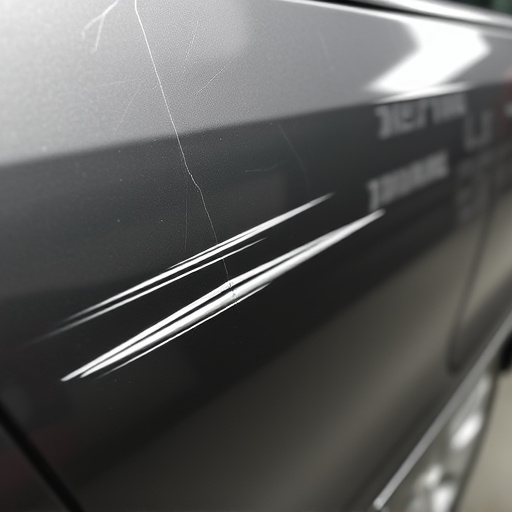
When a radiator replacement accident occurs, customer perception and experience during repairs can significantly impact their satisfaction levels. The initial interaction with the service center sets the tone for the entire process. Customers expect prompt attention, efficient communication, and transparent updates throughout the repair journey. Any delay or lack of information can create anxiety and mistrust.
The physical environment of the workshop also plays a role in shaping customer experience. A clean, well-organized space with friendly staff can enhance comfort and confidence. Conversely, a chaotic workshop with poorly trained personnel may lead to miscommunication and additional stress for the client. Additionally, ensuring the car body restoration process is conducted with care and expertise is vital. Proper car bodywork techniques and high-quality materials used in repairs are expected by customers, as these directly influence the overall aesthetics and safety of their vehicle following a radiator replacement accident.
Strategies to Enhance Satisfaction Post-Accident
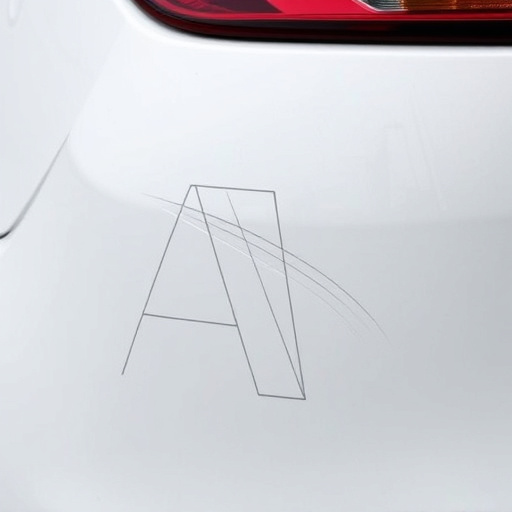
After a radiator replacement accident, regaining customer satisfaction is paramount. The first step is to acknowledge the situation and offer immediate assistance, ensuring customers feel heard and valued. This can include providing temporary transportation options or loaner vehicles while their car is being repaired, as well as offering complimentary tire services or vehicle body repair assessments to demonstrate proactive care.
Proactive communication is key; keep customers informed throughout the process. Regular updates on repairs, transparent pricing, and clear timelines for completion enhance trust and satisfaction. Additionally, post-accident follow-up surveys can gather valuable feedback, allowing businesses to identify areas of improvement in their vehicle repair services.
Radiator replacement accidents can significantly impact customer satisfaction, but with the right strategies, these experiences can be transformed into positive ones. By understanding the potential issues and customer perceptions during repairs, businesses can enhance their post-accident support. Implementing efficient communication, transparent pricing, and high-quality service ensures customers feel valued and satisfied, ultimately fostering trust and loyalty despite the initial accident. These steps are vital in mitigating negative experiences and promoting a positive image, even in challenging situations like radiator replacement incidents.



